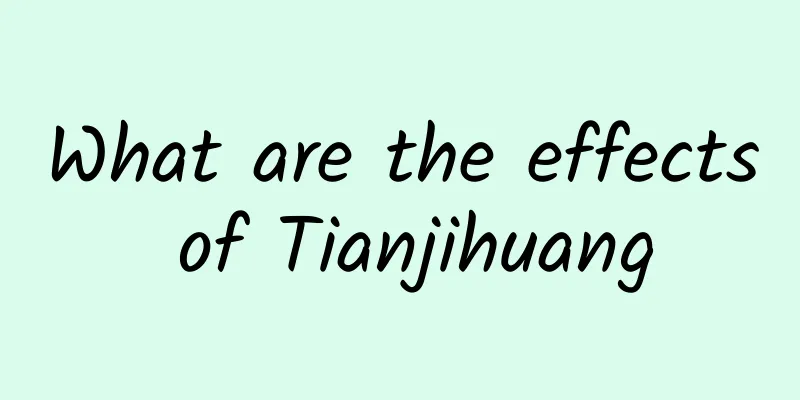Does lily help you sleep?

|
Lily is a plant that helps with sleep. This plant itself has very strong medicinal value. After some processing, it can become a very good Chinese medicinal material. It is for this reason that more and more people use lily to make tea. This not only helps with sleep, but also has an antitussive and expectorant effect, which can alleviate their condition. Antitussive and expectorant effects 1. Antitussive effect The SO₂-induced cough method was used on mice to observe its antitussive effect. It has obvious antitussive effect. 2. The expectorant effect is determined by the phenol red colorimetric method. The trachea is finally flushed with 0.5 ml of NaHCO₃, the absorbance is measured at 546 nm, and the amount of phenol red discharged from the trachea is calculated from the phenol red standard curve. It has a significant expectorant effect. Sedative effect After the mice were fasted for 8 hours, they were given 20 g/kg lily by gavage, and Ziziphus jujuba seeds were used as positive control. The blank was treated with normal saline. They were then given 40 mg/kg pentobarbital sodium by ip for 30 minutes. The time from the disappearance of righting reflex to its recovery was used as the sleep index. At the same time, the effect of subthreshold dose of sodium pentobarbital on sleep rate was observed. Both of them can significantly increase the sleeping time and the sleeping rate of subthreshold dose of sodium pentobarbital, indicating that it has a significant sedative effect. Nourishing Yin and moistening the lungs 1. The swimming experiment of lung qi deficiency model showed that ig administration of lily and lily bulb to mice at a dose of 10g/kg, compared with astragalus (10g/kg), significantly prolonged the swimming time, and the P values of the three were all <0.001. 2. The model of hyperthyroidism and Yin deficiency was tested for hypoxia tolerance. The mouse model was established using 0.3 mg/mouse thyroxine. Results The lily plus thyroxine group and the lily plus thyroxine group significantly prolonged the mice's tolerance to hypoxia, with P values of P<0.01 and P<0.001, respectively. 3. For the loaded swimming experiment of Yin deficiency model induced by adrenocortical hormone, male mice were divided into normal saline group, prednisolone (40 mg/kg/time) modeling group and prednisolone group with drug (ig10 g/kg). Results Lily had a significant protective effect on adrenal cortical failure (P<0.001). 4. It also has a significant inhibitory effect on the delayed allergic reaction induced by 2,4-dinitrochlorobenzene (DNCB) in mice. |
<<: Can Cordyceps be eaten every day?
>>: Does safflower cause internal heat?
Recommend
The efficacy and function of Pandanus odoratus
Pandanus thunbergii can not only supplement the b...
The efficacy and function of palm tree roots
There are so many medicinal herbs in the world, a...
What are the effects of Angelica dahurica?
Traditional Chinese medicine can regulate the bod...
Suspected of using endangered animals to make "delicious food"? How bold! The police have intervened!
Recently, a host filmed a video of eating shark, ...
Can you tell these lines of the reservoir apart?
Reservoir It is a flood control project trump car...
Understand the latest developments in AI in one article! A guide for workers →
In March 2023, AI technology represented by GPT-4...
The efficacy and function of Poria peel
There are many types of medicinal materials, and ...
There is indeed a benefit to skipping dinner! And there are also some things to pay attention to when having dinner!
Interview different people about their views on d...
It is obviously green, why is it called red tree?
Whenever the tide rises, a romantic scene is stag...
What are the effects and functions of milk flower
If we often go to the wild, we can see a kind of ...
Side effects and contraindications of Xanthium sibiricum
At present, there are no significant side effects...
The reason I recommend you to eat more pears, just one is enough!
In the golden autumn, the weather is slightly dry...
A man died after extracting 23 teeth at once! Can you only extract one tooth at a time?
When it comes to tooth extraction, everyone is fa...
Latest research: Sunbathing can prevent dementia! But too much or too little sun exposure can cause dementia!
The team led by Professor Yu Jintai from Huashan ...
What is Asafoetida
Traditional Chinese medicine in our country can b...









